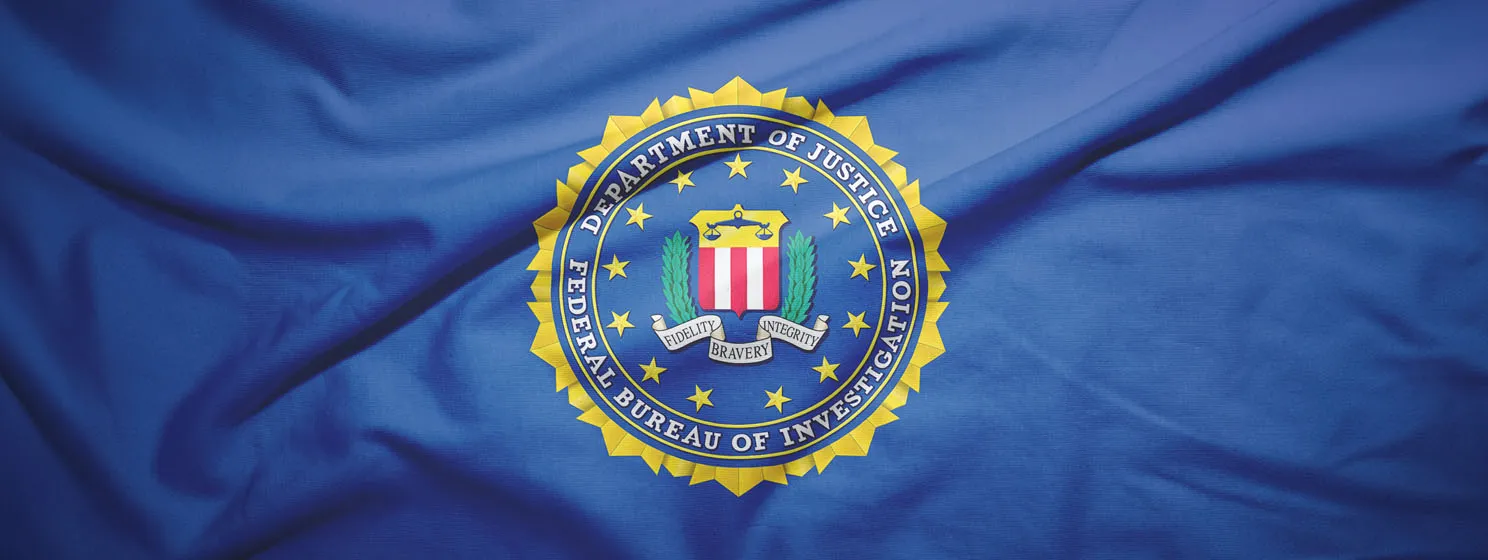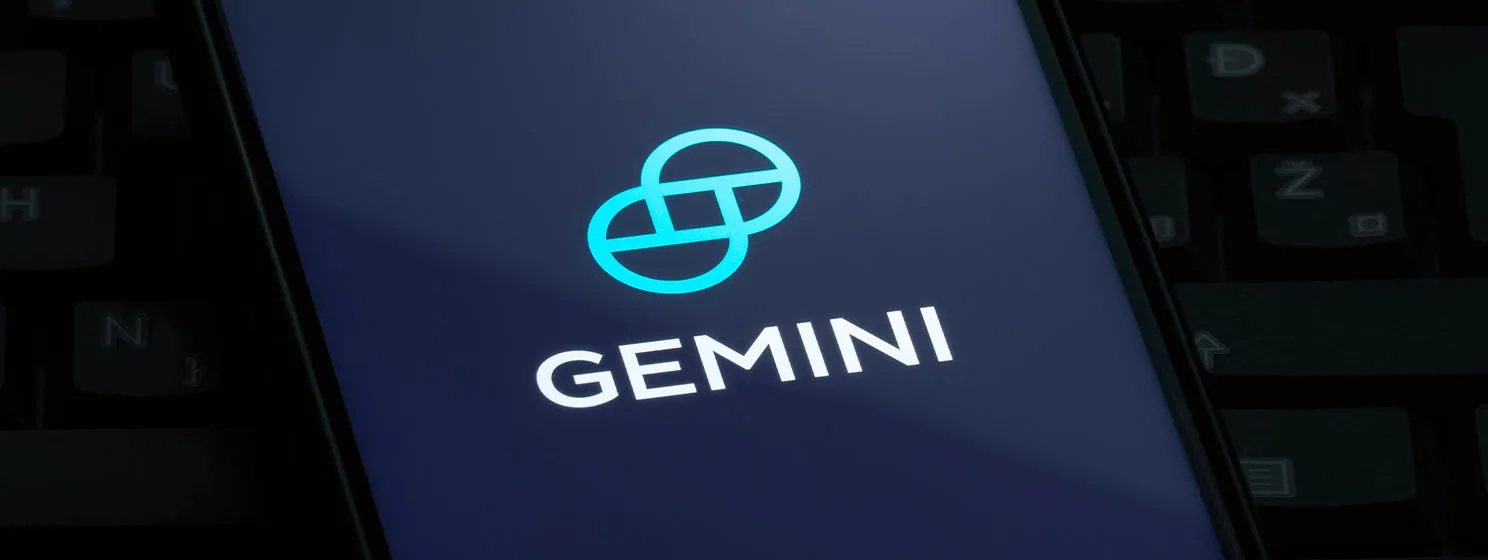|
Getting your Trinity Audio player ready...
|
In what is one of the most unique legal battles in the industry, a U.S. federal judge has sided with one man’s legal effort to keep his tokens, despite having mined them by exploiting a bug in the system. The judge ruled that the man has every right to fight for the right to own the tokens in court, after he had been denied access to the tokens on Kraken and Binance.
It all started in August 2020. According to court documents, when Mark Shin attempted to transfer staked ICX tokens from his wallet, he discovered he had received 25,000 newly-minted tokens. ICX tokens are the native tokens that power the ICON decentralized network.
Upon realizing the ‘free’ tokens, he attempted the process again and minted a fresh batch of 25,000 ICX tokens. He minted 14 million new tokens before the ICON Foundation caught wind of the activity.
The Foundation reached out to Kraken and Binance, where a majority of Shins tokens were stored, and eventually froze access to these tokens. Shin went to court, and now, a federal judge has ruled he has every right to fight for access to the tokens in a court.
In his ruling, California judge William Orrick stated, “At this stage, I find that Shin has stated a plausible claim. For the reasons set forth below, ICON’s motion to dismiss the Second Amended Complaint is DENIED with respect to the conversion and trespass to chattel claims and GRANTED with respect to the punitive damages claim.”
ICX token is now trading at $1.16 according to CoinMarketCap data. This puts the tokens’ value at $16.24 million. Back when he minted them, the tokens were worth $7.8 million, and at the height of this year’s digital currency bull run on March 31st, they were worth over $43.6 million.
In his filing with the California court, Shin acknowledged that “the authors and developers of the [software update] may not have intended for the network proposal to behave as it did.” However, the network had agreed to and adopted the code changes that eventually made it prone to the exploit. As such, he argues that he is the rightful owner of the tokens he minted.
For ICON, the case presents a Pandora’s box. The network claims to be decentralized, but in freezing the tokens that Shin minted, it’s going against this tenet, he claims.
Kyle Roche of Roche Freedman LLP, the law firm representing Shin, told Law360, “It’s a seminal case for establishing property rights on the blockchain. Essentially, if the blockchain says you have certain tokens, and you didn’t take those tokens from another individual, the rules of blockchain are that that property belongs to you.”

 08-19-2025
08-19-2025 





